After a tumultuous series of events, OpenAI fired its CEO Sam Altman, hired a new one, and then rehired Altman following enormous internal and public backlash — all in less than a week.
‘OpenAI is nothing without its people,’ warned the company’s Chief Technology Officer, Mira Murati, after the board of directors fired Mr Altman.
Already a subscriber? Log in
Subscribe for just $2 a week
Try a month of The Spectator Australia absolutely free and without commitment. Not only that but – if you choose to continue – you’ll pay just $2 a week for your first year.
- Unlimited access to spectator.com.au and app
- The weekly edition on the Spectator Australia app
- Spectator podcasts and newsletters
- Full access to spectator.co.uk
Or

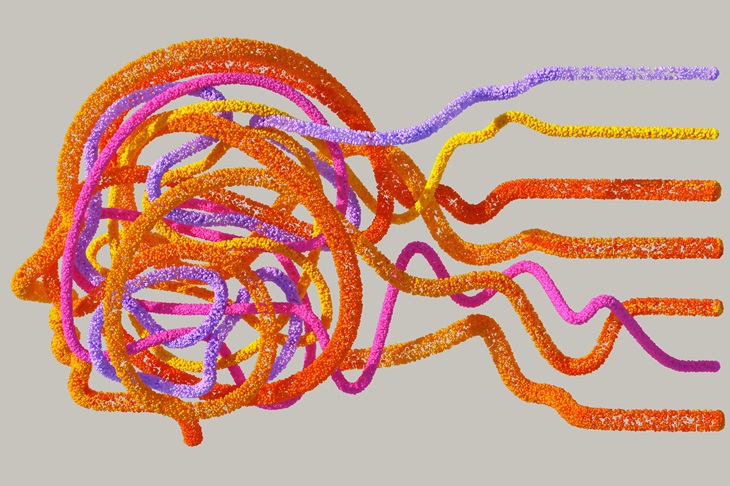
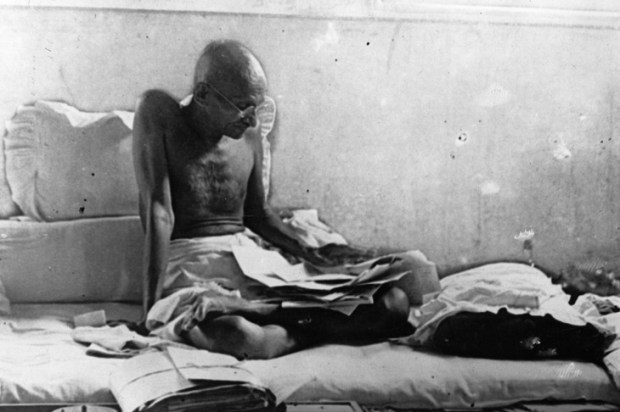
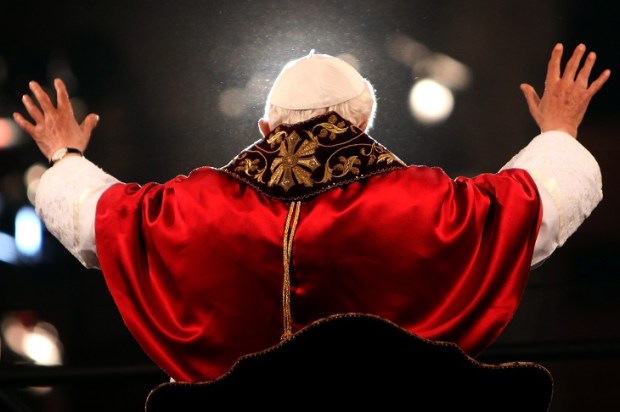
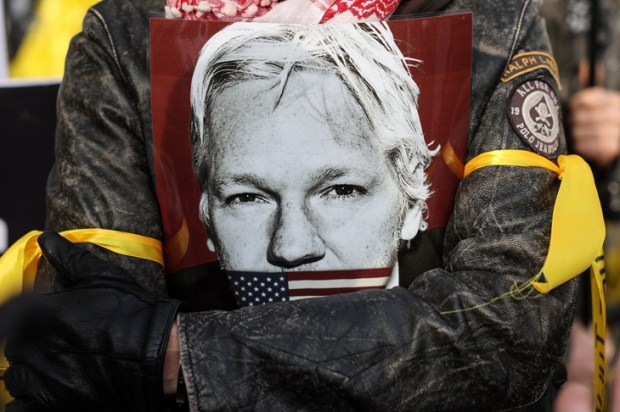
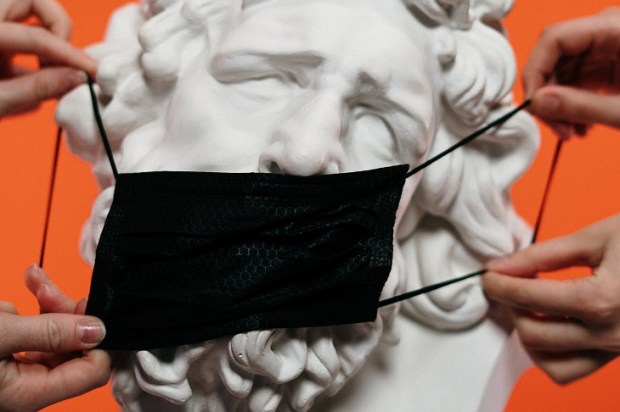

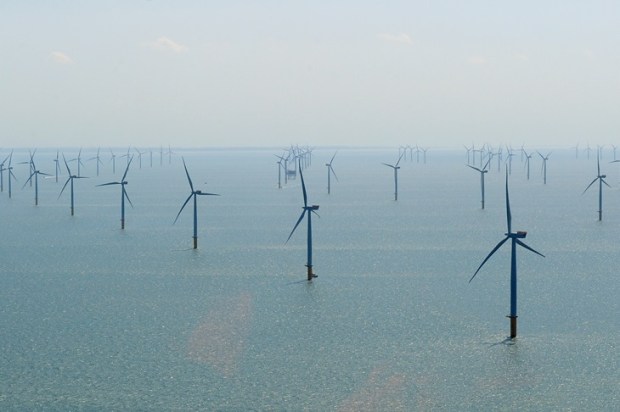


















Comments
Don't miss out
Join the conversation with other Spectator Australia readers. Subscribe to leave a comment.
SUBSCRIBEAlready a subscriber? Log in